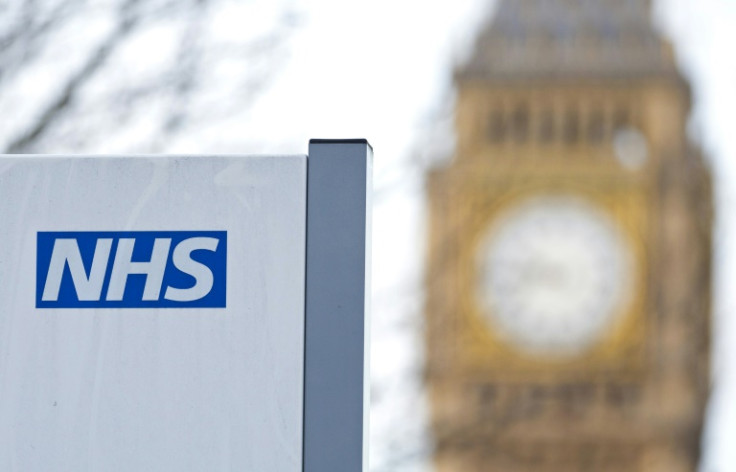NHS Medicine Shortage Raises Concerns Over Patient Safety
There is a notable 100 per cent surge in medicine shortages compared to January 2022 as seen in the deteriorating health of patients across the UK.

The National Health Service (NHS) is grappling with a severe shortage of essential medicines, putting the lives of patients at risk across the United Kingdom.
Unreleased data discloses that the quantity of products facing shortages has increased twofold within two years.
The shortage has been attributed to a complex combination of factors, including disruptions in the global supply chain, increased demand and challenges posed by the ongoing COVID-19 pandemic.
The most recent addition to the UK's drugs shortage list is a treatment designed to manage epileptic seizures.
This list already encompasses medications for a wide array of conditions, ranging from cancer to schizophrenia and type 2 diabetes.
The causes behind this crisis are believed to stem from the declining purchasing power of the pound following the Brexit referendum.
This decrease has constrained the NHS's ability to procure medications from abroad. Additionally, a government policy imposing taxes on manufacturers has further exacerbated the situation.
According to figures from the Department of Health and Social Care (DHSC), shared with the British Generic Manufacturers Association, the shortages list comprised 111 drugs as of October 30 last year, decreasing slightly to 96 by December 18.
However, notifications regarding the limited supply of an additional 10 treatments to NHS providers in the UK have been issued since that time.
This represents a notable 100 per cent surge in shortages compared to January 2022, with pharmacists and health charities raising alarms about the deteriorating conditions of some patients due to these shortages.
The gravity of the situation underscores the urgent need for comprehensive measures to address the root causes and ensure a reliable and sustained supply of essential medications for the well-being of the population.
One of the major contributors to the current crisis is the global supply chain disruption, exacerbated by the pandemic.
With many pharmaceutical companies relying on an intricate network of suppliers and manufacturers worldwide, any disruption in one part of the chain can have a cascading effect on the entire system.
Brexit-related uncertainties have also played a role in complicating the movement of medical supplies across borders.
Over the last year, Delyth Morgan, the CEO of Breast Cancer Now, revealed that her organisation has been approached by numerous patients struggling to obtain the necessary medications to manage the progression of their illness.
She said: "Last year many people shared with us, via Breast Cancer Now's helpline, that they'd been facing difficulties accessing their hormone treatment including letrozole, anastrozole and tamoxifen, causing them huge worry and anxiety. Trying to track down a treatment by travelling to a number of different pharmacies is an added burden for patients at an already difficult time.
"It may also sometimes be that certain brands of drugs are out of stock and people may have to switch to another brand or different drug. In the worst case someone may have a period of time without the medication, a drug which could help reduce the risk of their breast cancer coming back or spreading."
The conflict in Ukraine and disruptions in global supply chains have had widespread repercussions on the drug supply across various European nations.
Apprehensions have arisen regarding potential market instability, particularly in light of the violence in the Red Sea, a crucial shipping corridor for essential ingredients.
Despite the UK's departure from the EU, the European Union has recently taken measures to establish a stockpile of critical drugs and enhance domestic production.
This move signifies a proactive response to the challenges posed by geopolitical conflicts and disruptions in global trade.
Notably, there have been documented shortages in products related to hormone replacement therapy and attention deficit hyperactivity disorder.
These shortages can be attributed, at least in part, to increased demand, underscoring the need for strategic solutions to ensure a stable and reliable drug supply for patients.
As the NHS grapples with the medicines shortage, the clock is ticking for patients whose lives depend on timely access to medications.
Urgent and coordinated efforts from the government, pharmaceutical companies and healthcare professionals are imperative to safeguard the health and well-being of the population and prevent a healthcare crisis of unprecedented proportions.
© Copyright IBTimes 2024. All rights reserved.






